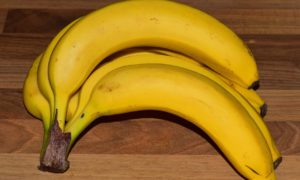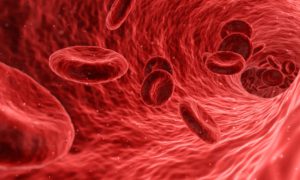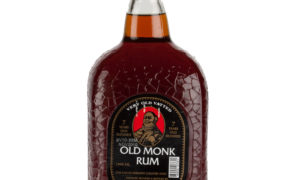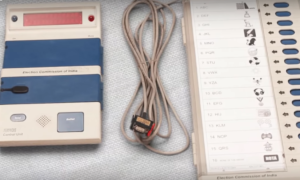10 shocking facts about fast food
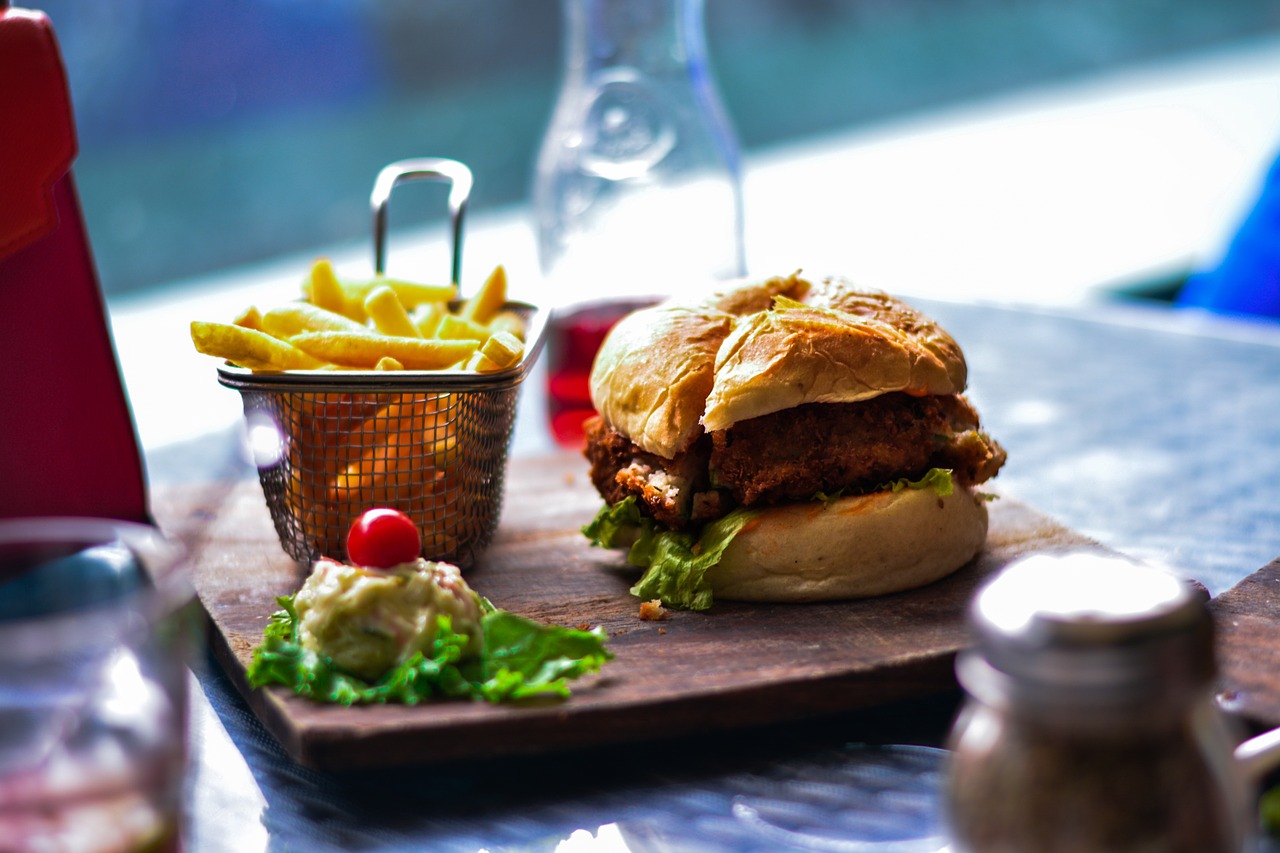
Kerala became the first Indian state to impose a 14.5% “fat tax” on fast food like burgers and pizzas that are served in branded restaurants.
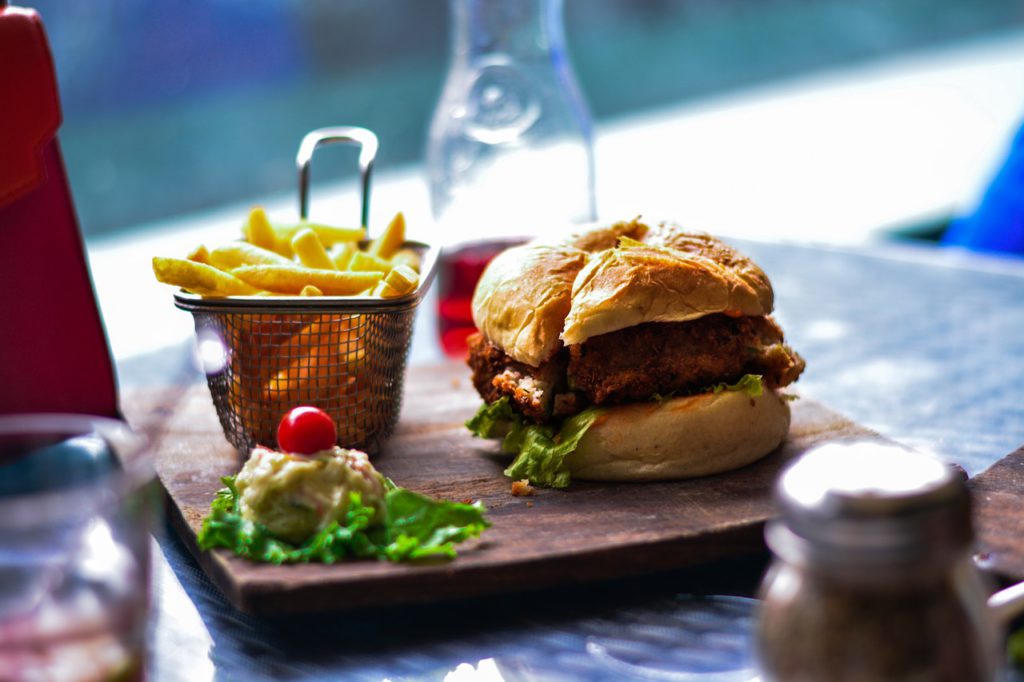
Unsplash / Pixabay
Recently, Kerala became the first Indian state to impose a 14.5% “fat tax” on fast food like burgers and pizzas that are served in branded restaurants, including McDonald’s, KFC, Pizza Hut and Domino’s.
The state government said it is an attempt to discourage consumption of the “unhealthy, junk items” that are one of the primary causes for triggering several diseases like high blood pressure, diabetes and even cancer.
Earlier this year, Bihar imposed a 13.5% luxury tax on fried snacks, including samosas, and sweets.
While a debate has already started on social platforms and other media on whether paying more money will help curb unhealthy eating habits, here are 10 shocking facts about fast food that you should know:
1. Fast food contains food dyes. According to the Center for Science in the Public Interest, dyes Red-40, Yellow-5 and Yellow-6 contain known carcinogens and four dyes, namely Blue-1, Red-40, Yellow-5, and Yellow-6 may cause allergic reactions.
A study by National Center for Biotechnology Information (NCBI) found severe behavioral changes in children who consumed dye-based beverages.
2. There are fecal bacteria in most fountain soda machines. A study published in International Journal of Food Microbiology found coliform bacteria (that grows in feces) in 48% of the soda fountain machines they experimented with at fast food restaurants. Almost 11% of the machines contained E. Coli bacteria as well.
3. Around 50 different chemicals are used in strawberry milkshakes.
Want to know what goes into making that yummy artificial strawberry flavour?
The Guardian lists the following
amyl acetate, amyl butyrate, amyl valerate, anethol, anisyl formate, benzyl acetate, benzyl isobutyrate, butyric acid, cinnamyl isobutyrate, cinnamyl valerate, cognac essential oil, diacetyl, dipropyl ketone, ethyl butyrate, ethyl cinnamate, ethyl heptanoate, ethyl heptylate, ethyl lactate, ethyl methylphenylglycidate, ethyl nitrate, ethyl propionate, ethyl valerate, heliotropin, hydroxyphrenyl- 2-butanone (10% solution in alcohol), ionone, isobutyl anthranilate, isobutyl butyrate, lemon essential oil, maltol, 4-methylacetophenone, methyl anthranilate, methyl benzoate, methyl cinnamate, methyl heptine carbonate, methyl naphthyl ketone, methyl salicylate, mint essential oil, neroli essential oil, nerolin, neryl isobutyrate, orris butter, phenethyl alcohol, rose, rum ether, undecalactone, vanillin and solvent.
4. Don’t be surprised to find a human hair in your french fries. A study has found that a fast food consumer generally consumes around 12 pubic hairs annually via their food, claims Forensic Science Technician.org.
5. The cheese in your junkie might not be cheese at all! Research has shown additives, chemicals and flavoring total to over 49% in any cheese-based fast food item.
6. Those who think ordering salads at a fast food restaurant will save the day, there is a surprise for them too.
Several researches by different organizations have found that these salads actually are dressed with propylene glycol, an organic compound found in antifreeze and sexual lubricants, to maintain crispiness of the leaves.
7. Don’t get impressed with the grill marks on your burger. They are fake and are supplied pre-cooked and branded with dark stripes, claims Food Republic.
8. “Eat dirt” is a reality now. Silicon Dioxide (better known as sand) is used as an anti-caking agent in processed beef and chicken. It helps make the dish spicier.
9. Next time you order chicken nuggets, beware.
A study published in The American Journal of Medicine has found that there is almost no chicken in chicken nuggets. What’s in them instead are fats, bones, nerves and tissues.
10. It’s high time that you let go of those burgers, chips and soda that are high in sugar and fat content.
A study by Brown University published in Medical Daily said junk food increases the risk of Alzheimer’s Disease and Dementia by disrupting the blood flow to the brain.
(Sources: BBC, Center for Science in the Public Interest, NCBI, Health Fitness Revolution, Hollins University, CNN, The Guardian, WTOV9, Forensic Science Technician, Food Republic, The American Journal of Medicine, Medical Daily)
Big Wire





